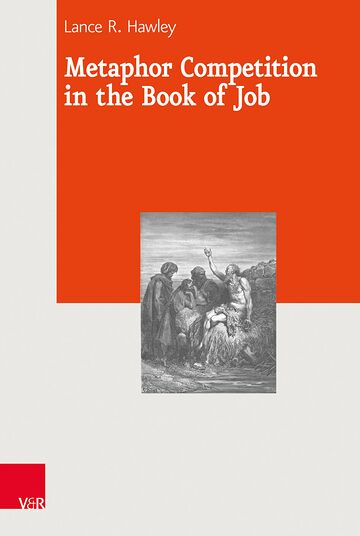- Libro
Digital

Metaphor Competition in the Book of Job
- Año de edición 2018
USD $ 109,99
-
FormatoEbook
-
EstadoNuevo
-
Isbn9783647531359
-
Peso2 MB
-
Número de páginas256
-
Año de edición2018
-
IdiomaInglés
-
FormatoPDF
-
ProtecciónDRM
-
ReferenciaBKW130002
